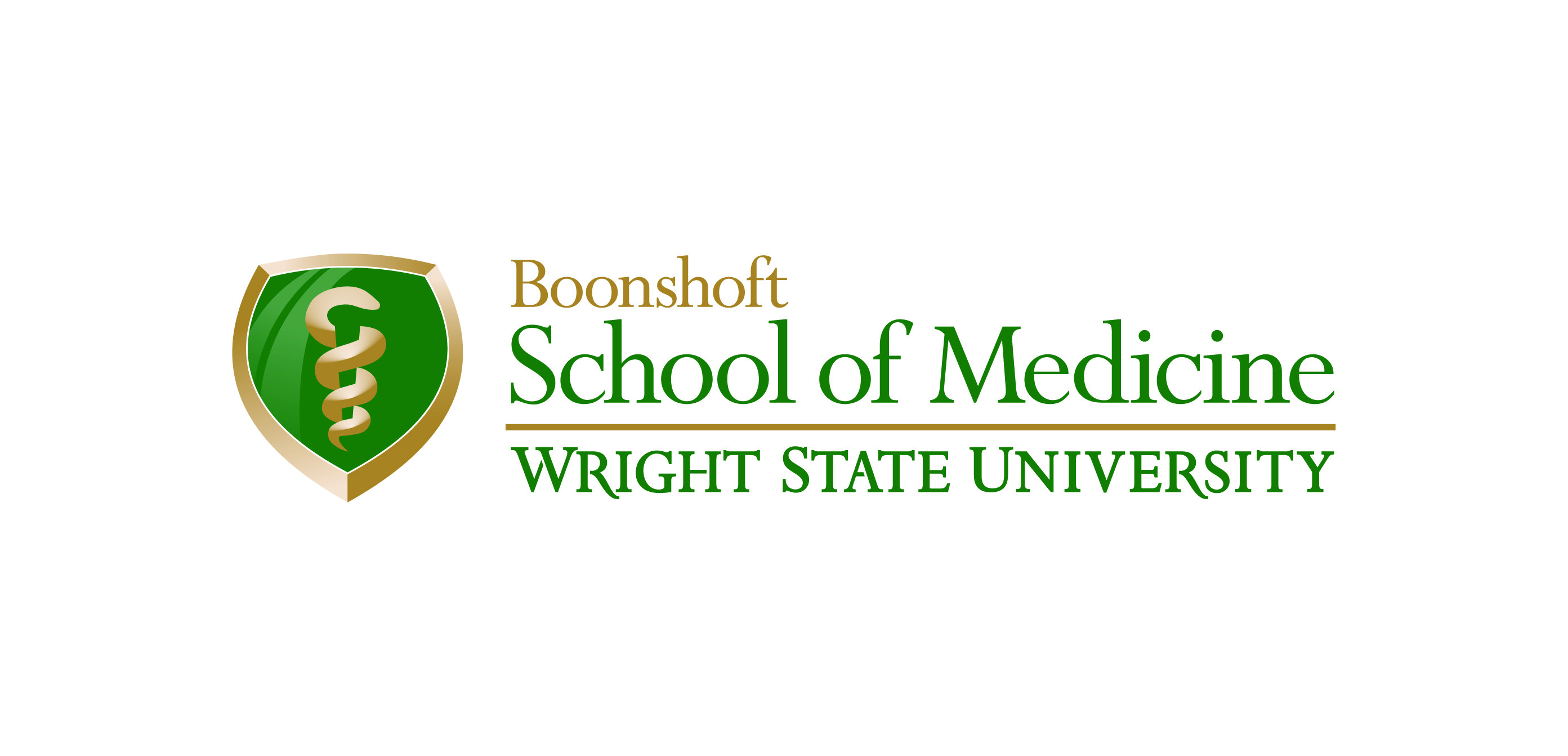2026 Catalyst Awards
2026 informational webinar Academic Medicine special issue on 2023 Catalyst AwardeesThe Catalyst Awards support projects that impact the clinical learning environment and improve the experience of residents and fellows in one of the three priority areas supported by the Josiah Macy Jr. Foundation:
- Promoting diversity, equity, and belonging
- Increasing opportunities to learn in and from high-performing interprofessional teams
- Preparing future health professionals to navigate ethical dilemmas
Successful proposals will describe, implement, and evaluate innovative strategies to equip learners with the tools, skills, and strategies to flourish in the clinical learning environment. The first three completed cycles have already demonstrated the potential of these awards to make positive changes within their specific learning environments as well as to provide important models that can be utilized by other programs and institutions.
For the fourth cycle of the Catalyst Awards, the Foundation is providing up to $100K in total support over an 18-month period.
You can view the 2026 recipients and a description of their project below. Or, you can view the past recipients from 2023, 2024, and 2025.
2026 Recipients
Catalyst Awards for Transformation in Graduate Medical Education

The Metacognitive Analysis Project: Optimizing Performance in High-Stakes Evaluations Using a Biopsychosocial Lens
University of RochesterThe Metacognitive Analysis Project advances equity in graduate medical education by using a biopsychosocial lens to optimize resident and fellow performance in high-stakes evaluations. The project addresses the multidimensional problems faced by residents and fellows whose performance in high-stakes evaluation does not match their capabilities. Clinical training often occurs in high-pressure, evaluative spaces where learners’ performance is impacted by biological factors (e.g., anxiety), psychological factors (e.g., mindset, self-efficacy), and socio-cultural factors (e.g., bias, stereotype threat). By investigating interventions that mitigate imposter syndrome and optimize performance, we highlight critical areas for change, ensuring that our efforts support individual growth and increase belonging and relatedness in the graduate medical education community, all of which contribute to professional identity development and career success.
The Metacognitive Analysis Project has the potential to meaningfully transform the clinical learning experience and environment at the University of Rochester School of Medicine by directly equipping trainees with evidence-based strategies to bring their performance in line with their knowledge, understanding, and capabilities. Nationally, this project offers a scalable model to advance clinical excellence and equity in residency and fellowship programs.
PIs: Brett W. Robbins, MD, Senior Associate Dean, Graduate Medical Education, Professor, Department of Medicine, University of Rochester Medical Center; Anika Simone Johnson, EdD, Assistant Dean for Engagement and Enrichment, Warner School of Education and Human Development

One Safe Act: Fostering Interprofessional Collaboration and Safety Culture in Graduate Medical Education
University of PennsylvaniaThe clinical learning environment lacks structured opportunities for interprofessional conversations related to the prioritization of patient safety while building team resilience through reinforcement of proactive safety behaviors. This limits trainees’ development of essential teamwork competencies and systems thinking that prioritize patient safety.
The “One Safe Act” is a brief, structured team reflection that brings together healthcare professionals to share specific actions they personally take to keep patients safe. This proposal aims to identify individual and team behaviors that contribute to patient safety. By analyzing these elements, we can develop strategies to enhance clinical team resilience and further reduce errors. This project will deploy huddles in clinical units selected based on the presence of teaching services across a range of medical, procedural, and ambulatory specialties. Rather than focusing solely on what goes wrong, One Safe Act emphasizes and amplifies the daily practices that contribute to successful patient outcomes.
This project directly addresses ACGME competency requirements for interprofessional teaming and patient safety, preparing future healthcare leaders for collaborative, team-based practice models essential in modern healthcare delivery.
PIs: Justin B. Ziemba, MD, MSEd, Assistant Professor of Urology in Surgery; Caoimhe C. Duffy, MD, MSc, CPPS, FCAI, Assistant Professor, Anesthesiology and Critical Care

Facilitating Adaptive Medical Error Responses in Graduate Learners
Wright State University School of MedicineMedical errors are inevitable in clinical practice, yet many physicians are unprepared to respond in ways that support patient trust, personal resilience, and team learning. Despite growing attention to safety culture in graduate medical education (GME), most trainees lack meaningful opportunities to observe or practice error disclosure and emotional recovery.
This project will implement and evaluate a multi-phase intervention to develop emotionally intelligent, ethically grounded responses to error. This includes validating a multi-domain assessment scale (AMERS), integrating narrative pedagogy to foster ethical growth, and designing an AI-compatible rubric to support scalable feedback and learning. The program centers storytelling, systems thinking, and psychological safety to transform how errors are experienced, discussed, and taught.
Grounded in institutional priorities and prior pilot successes, this initiative aims to shift GME's culture toward transparency, growth, and equity. It offers a sustainable, national model to support physicians in learning from imperfection while preserving their humanity.
PIs: Sherry Adkins, MD, MPH, Clinical Assistant Professor, Family Medicine; Danielle Bornhorst, MD, Family Medicine Resident; Stacy Flowers, PsyD, Associate Professor & Director of Behavioral Science, Family Medicine; Assistant Professor, Geriatrics